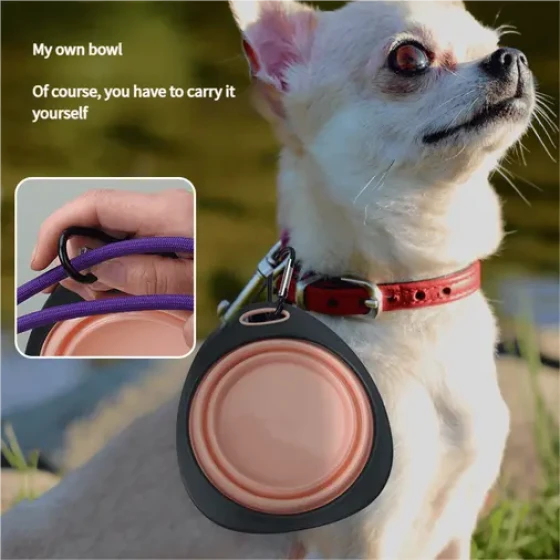What to Do When Cats Like to Bite and Scratch People

For some people, raising a cat is both a happy and sad thing. Every day we are charmed by their cute actions and expressions, but if you happen to encounter a particularly mischievous cat, behind their cuteness might be hidden weapons ready to hurt you. As cat owners, this can be very frustrating. What should you do when bitten or scratched? Hit them? How can you bring yourself to do it when you see that innocent expression? Throw them away? How could you leave when they are like family. So let’s use some brains to turn fierce cats into real cute cats!
1. Kittens are relatively more prone to biting
At around two months old, kittens should leave their mothers. After arriving in a new home and becoming the "only child," kittens tend to treat humans (especially fingers or toes) as playmates. Being lively, naughty, and curious is the nature of kittens; they sometimes like to hold onto fingers and nibble. On one hand, this is play, and on the other, it’s teeth grinding (like humans, cats also go through teething). People often like to tease them with their hands, and the feeling of little kitten teeth biting fingers is oddly fun and painless. Therefore, many owners of only cats do not discipline this behavior, which inadvertently condones the habit of biting. Some people like to feed cats by hand or play with toys held in their hands. Kittens have not yet learned to retract their claws and don’t know their own strength, so they might accidentally scratch. If the owner does not stop this, the cat will develop a habit of scratching people. When the cat grows bigger, with large, sharp teeth and claws, biting fingers or scratching arms can be unbearable! At that point, disciplining them is no longer as easy as when they were young. Owners can buy toys such as carpet sets for scratching, hanging balls, or moving toy mice, so cats can play until tired and lose the energy to scratch you.
2. Prevent scratching by trimming nails
If your cat is already used to scratching and cannot improve, the best way is to trim their nails! This at least reduces the pain. Of course, some cats strongly resist nail trimming, which can also be a headache, resulting in untrimmed nails and more scratches. You can refer to previous articles titled "Tips to Help Cats Willingly Get Nail Trims," hoping it helps you.
3. Training starts from kittenhood
Scolding method: Teach kittens from an early age good habits when interacting with humans, so they know some behaviors are unwanted. When a kitten instinctively bites your finger during play, you can loudly scold or make an angry sound while gently tapping their head (be careful with the strength—too hard and they will hate you; too light and they will think it's playing). Then extend your finger again; often they will bite again out of spite. Tap their head again and extend your finger. Repeat this four or five times until they no longer bite hard but just gently hold your finger in their mouth. Use this method next time, and usually within a month you will see good results.
Spraying method: Use cats’ fear of water to deter attacks by spraying water on them when they try to attack you. Keep the spray bottle nearby for timely deterrence. With frequent repetition, cats will develop fear and stop attacking.
Companion method: If conditions allow, consider raising two cats simultaneously. They keep each other company, can play well together, won’t be lonely when you’re not home, and their interest in attacking humans greatly decreases because they have a playmate.
Toy method: Cater to the need for teeth grinding and playing by providing toys such as paper balls or cat-specific toy mice, allowing kittens to expend energy and satisfy their biting instincts. This also diverts attention and reduces aggression towards humans.
4. How to handle being bitten
After a cat scratch, clean the wound with iodine.
If bitten by a cat, especially a stray cat, get a rabies vaccine within 24 hours of the bite at a district-level health and epidemic prevention station.


